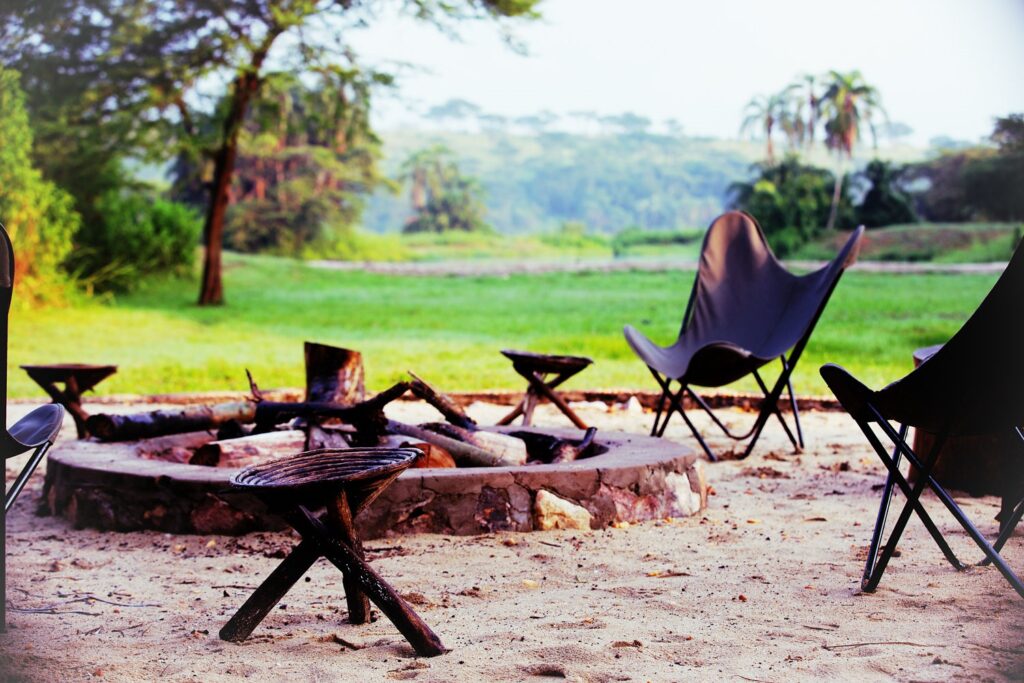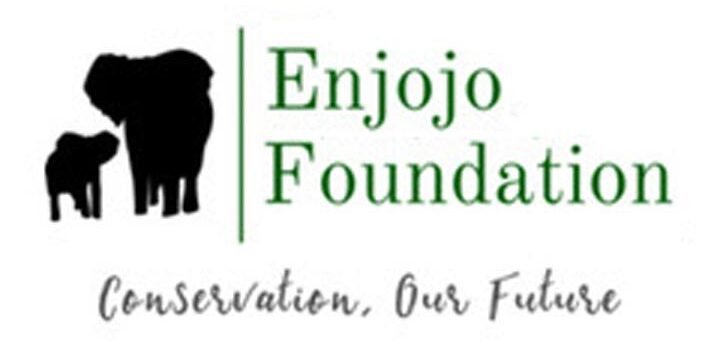Peace
As human populations expand, animals and humans are increasingly coming into conflict over land and water. Elephants are often raiding the crops in the community while predators may prey on livestock. This results in a reduced tolerance of the community towards wildlife, which sometimes leads to retaliatory measures. We capacitate communities to prevent and reduce levels of conflict, to support them in finding alternative solutions so as to ensure the safety of both people and wildlife.
Besides the human wildlife conflict, there may also conflicts between communities living in and around Protected Areas. The valley of the Kidepo river for example has for a long time been a battleground for the multiple ethnic groups living around and inside the Reserve. Illegal weapons are widespread which has increased the violence and casualties in cattle raiding.
As conflict is often intrinsically linked to natural resources, and with a growing population and limited resources, building capacity in peacebuilding and conflict resolution and finding a positive way to unite communities, are vital elements for the long-term sustainability of wildlife and biodiversity. The development of lasting peace on grassroot level can be enhanced by equipping national and local leaders with conflict resolution skills and techniques. Peace & Conservation champions are identified and empowered to play an active role in the communities as wildlife ambassadors as well as peace builders by addressing tribal conflicts, intercepting retaliatory attacks, mitigating livestock theft and leading reconciliation.

